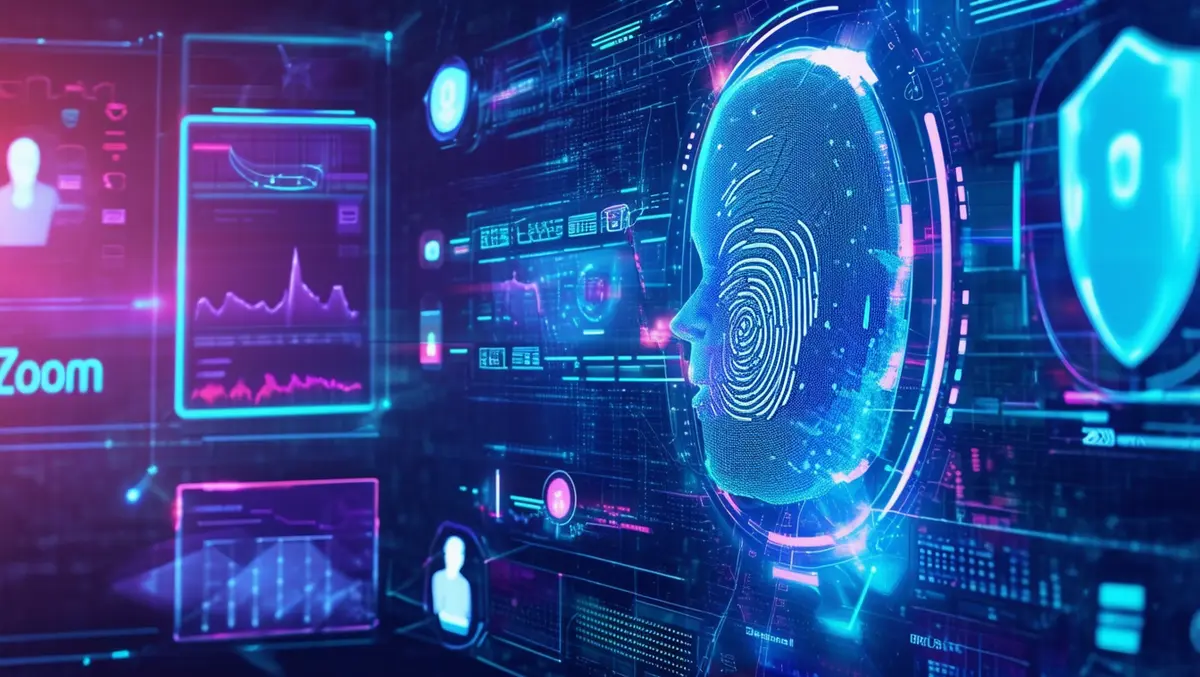
Beyond Identity launches RealityCheck for Zoom security
Beyond Identity has launched RealityCheck, an identity assurance plugin designed for Zoom Video Communications. The new product aims to protect organisations from AI deception, including impersonation attacks and deepfakes, by verifying the authenticity of call participants through a combination of Authenticator Assurance Level 3 (AAL3) and device security verification.
The rise of AI and deepfake-based attacks has highlighted the vulnerability of digital communication platforms. "Beyond Identity's RealityCheck is the first tool developed to purposely address this new type of attacks," said Jasson Casey, CEO of Beyond Identity. "Our application focuses on the prevention of AI impersonation attacks and deepfakes in video conferencing applications, as they recently led to some devastating results to the reputation and financial stakes of the attacked organisations."
Casey explained that many organisations lack cybersecurity strategies to combat AI deception attacks. "They are further challenged by the fact that most deepfake detection tools and end-user training are probabilistic and cannot offer solid guarantees. With RealityCheck, we are providing organisations with a game-changing solution that shifts the focus to authentication assurances to make deterministic claims and ensure the authenticity and security of digital interactions." He also mentioned future plans to integrate RealityCheck with other forms of communication, including email and chat.
RealityCheck provides a badge of authentication and risk assurance over Zoom calls, displaying a side panel with additional data about device and user risk. Upon installation in Zoom, RealityCheck uses deterministic signals to validate participants through phish-resistant authentication. It ensures that devices meet organisational security standards and continuously verifies users and devices to maintain ongoing trust. This enables meeting hosts and call participants to make informed decisions about the legitimacy of others in the call, safeguarding their meetings, data, and privacy.
The introduction of RealityCheck coincides with a burgeoning increase in AI deception targeting both private and public sectors. RealityCheck can not only prevent deepfake frauds that trick victims into sending money by impersonating company personnel, but also supplement new hire onboarding processes. The tool can verify that a new employee is using an authorised device and authenticated with robust, phishing-resistant multi-factor authentication (MFA) when verifying identity documents over Zoom.
As part of Beyond Identity's Secure Access platform, RealityCheck extends the company's focus on strong authentication and device security by providing visible verification, aiding end-users in making informed decisions. "Aligned with our holistic secure-by-design approach to identity, the Secure Access platform with RealityCheck embedded makes it simple for organisations to defend against current attacks and stay secure while conducting day-to-day business," Beyond Identity noted.
Key features of RealityCheck include a dynamic badge displayed in the user's camera layer, user and device claims surfaced on the badge and participants' panel, and participant verification status shown in the Zoom side panel for meeting hosts. The plugin can be deployed by administrators via the Zoom marketplace and end-user enrolment is similarly facilitated.
Zoom is the first application of RealityCheck, as Beyond Identity plans to expand the plugin's functionalities to other communication tools, such as email and chat, aiming to serve security-oriented customers who require attestations of authenticity assurance.


